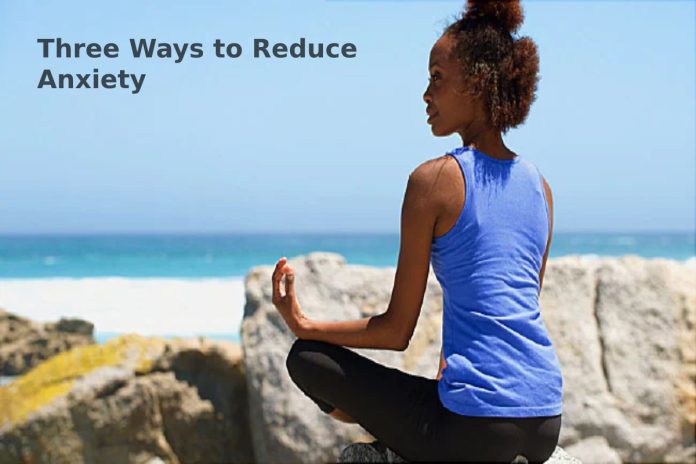Reduce Anxiety – To say this is a stressful time would be an understatement. Even if you’re not particularly concerned about quarantine, it can be unsettling to go out into the world and see how quickly it has changed. It’s not just the fact that everyone wears masks, it’s the fact that social distancing can feel so cold and isolated. We long for life to “go back to normal,” but we are told that it can take a long time. Even when the country opens, it does so with great fear. This scary virus has given us a fear that can be difficult to get rid of. Even so, we must cling to hope. Faith reminds us that with every challenge a potential blessing awaits us. In the meantime, we know that stress can not only affect our minds and emotions, it can also destroy any system in the body and make us susceptible to disease.
1- Eat More Omega 3s
According to a study recently published by Jama Network Open, devoted to medical and health research, a 2,000 mg omega-3 supplement containing EPA and DHA fatty acids should be taken daily to reduce anxiety symptoms. That is not to say that fatty acids cannot be ingested as it is naturally good to do so. Fish like salmon, sardines, or tuna are ideal for increasing the benefits. However, adding more omega-3s in the diet will not reduce anxiety in teenagers and people who take medications.
2- Practice Exercise
The evidence for the benefits of aerobic exercise is enormous, and not just for those with anxiety. The list of recommendations is very simple: walking, running, or other activities. It helps a lot when mixed with weights, resistance activities, and stretching once a week. Due to dopamine, a substance produced in the body when exercising, anxiety levels drop significantly.
3- Inhale Lavender Oil
For centuries, homeopathic doctors have recommended lavender oil as an antidote to anxiety, and current science confirms this. A group of Japanese researchers found that smelling lavender is very relaxing. For example, inhaling linalol, an alcohol made from its oil, reduces it without the side effects of medication. The nerves in the nose send relevant signals to the brain that help find a sense of calm.


















